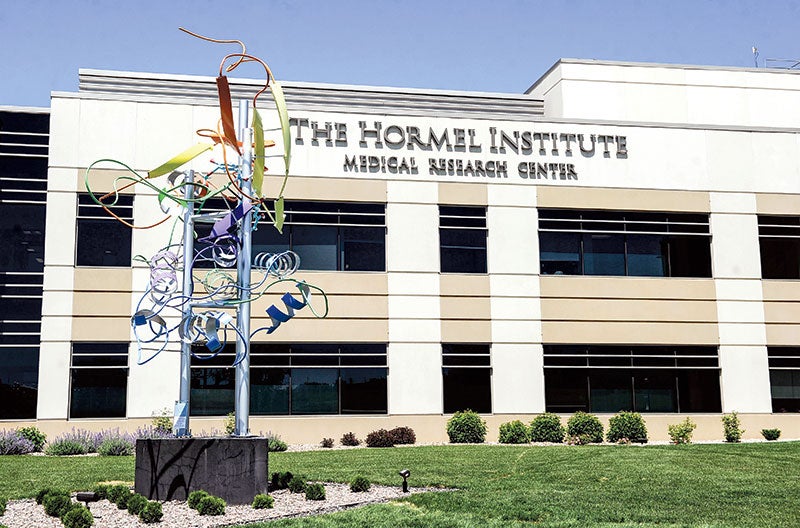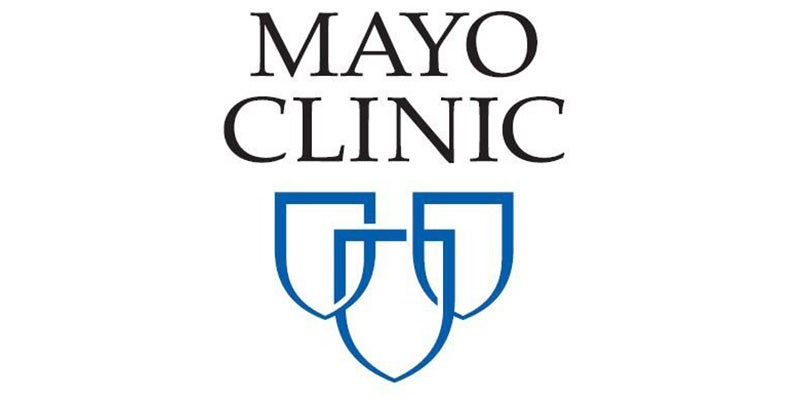Supreme Court ruling imperils abortion laws in many states
Published 9:49 am Tuesday, June 28, 2016
NEW YORK — By striking down tough abortion restrictions in Texas, the U.S. Supreme Court has emboldened abortion-rights activists nationwide and imperiled a range of anti-abortion laws in numerous states.
Many anti-abortion leaders were openly disappointed, bracing for the demise of restrictions that they had worked vigorously to enact over the past few years.
The Supreme Court has decided “the abortion industry will continue to reign unchecked as mothers are subjected to subpar conditions,” said Heather Weininger, executive director of Wisconsin Right to Life.
On the other side of the debate, Planned Parenthood president Cecile Richards hailed the ruling as “an enormous victory for women,” and joined her abortion-rights allies in vowing to quickly seek gains beyond Texas.
“Far too many women still face insurmountable barriers, which is why we are taking this fight state by state,” she said. “It’s time to pass state laws to protect a woman’s constitutional right to abortion, and repeal ones that block it.”
The Texas rules struck down Monday by the Supreme Court required doctors who perform abortions to have admitting privileges at nearby hospitals and forced clinics to meet hospital-like standards for outpatient surgery. Supporters of the Texas law, and similar laws enacted in other states, said both provisions were necessary to ensure safe, high-quality care for women. Opponents of the laws said abortion already is a very safe procedure, and contended the real motive of the laws was to reduce women’s access to abortion.
According to the Center for Reproductive Rights, which led the legal challenge, similar admitting-privilege requirements are in effect in Missouri, North Dakota and Tennessee, and are on hold in Alabama, Kansas, Louisiana, Mississippi, Oklahoma and Wisconsin. The hospital-like outpatient surgery standards are in place in Michigan, Missouri, Pennsylvania and Virginia, and are on hold in Tennessee, according to the center.




